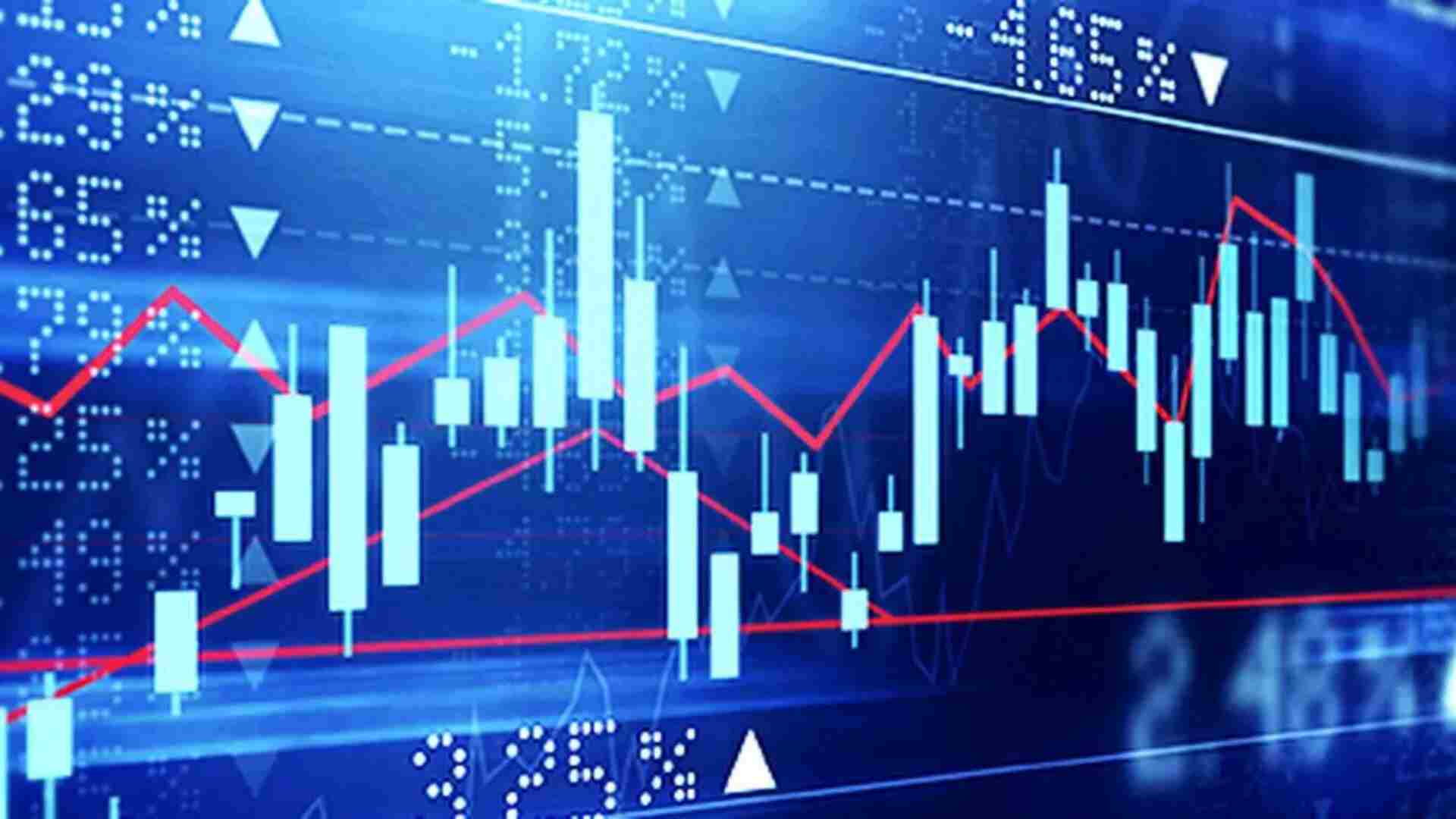Growing concerns over the U.S. economic outlook and a typically weak September for stocks have triggered a fresh wave of global market volatility, leaving investors anxious and on the defensive. The brief optimism that U.S. interest rate cuts might bolster economic growth has evaporated, as fears of a recession take centre stage.
After a sharp rebound in risky assets like stocks and high-yield bonds following a tumultuous early August, traders are now bracing for potential bad news. They are particularly focused on the upcoming U.S. jobs data, fearing a repeat of last month’s disappointing report. On Tuesday, weak U.S. manufacturing data further rattled markets, leading to widespread selling.
Wall Street’s S&P 500 index plunged more than 2% on Tuesday, Japan’s Topix index saw a 3.7% drop on Wednesday—the biggest single-day decline since the August 5 market rout—and European stocks also took a hit. The VIX index, which measures expected U.S. equity volatility, reached a one-month high, indicating increased investor anxiety as turbulent currency trading added pressure on the dollar and other traditionally safe currencies.
“Markets were previously navigating uncertain inflation with resilient growth, but now the focus has shifted to how deep the economic slowdown will be,” explained Florian Ielpo, head of macro at Lombard Odier.
Tech Stocks and Market Concentration Under Pressure
The shaky start to September mirrors the market chaos of early August, when a Japanese rate hike and weak U.S. jobs data disrupted popular trading strategies. High-value tech stocks, which have been the darlings of investors, are now under significant pressure. On Tuesday, AI giant Nvidia saw its shares slide by 9.5%, marking the largest single-day market value decline for a U.S. company. On Wednesday, Dutch semiconductor equipment supplier ASML Holdings dropped around 5%.
Justin Onuekwusi, CIO at investment firm St. James’ Place, highlighted the risks of market concentration: “The danger is that volatility in just one of these big tech names could ripple through the entire market.”
Investor concerns have intensified as stocks and bonds enter September with diverging narratives. While equity markets have been pricing in strong company earnings, government bonds have rallied on expectations of deep U.S. rate cuts and an increased risk of recession. Ielpo noted that investors now face a crucial decision: “You need to decide whether you favor credit and bonds or equities,” adding that he has been buying government bonds over the past month.
Bonds, Rate Cuts, and Recession Risks
U.S. 10-year bond yields, currently around 3.8%, have been declining for four months. German Bund yields also retreated from one-month highs reached earlier this week. BCA Research has advised clients to sell equities and buy bonds, citing a high likelihood of a recession tipping point.
The Federal Reserve is widely expected to implement its first rate cut since 2020 on September 18, with money markets currently pricing in a 43% chance of a 50-basis-point reduction in the federal funds rate to 4.5%-4.75%. A broad index tracking high-yield corporate bonds has also risen 2.5% since a brief dip in early August.
Darpan Haran, a credit fund manager at Ninety One, expressed caution about U.S. high-yield bonds, which are sold by borrowers with weaker financial profiles and are particularly vulnerable to economic shocks. “U.S. high yield is more susceptible to a repricing due to current valuations and growing recession fears,” he said.
Currency Markets in Turmoil
Traditional safe-haven currencies like the dollar might not perform as expected during this market selloff, analysts warn, due to uncertainty about the dollar’s appeal if a U.S. recession looms. Short-term speculators are currently betting about $9 billion on the dollar weakening against other major currencies. If this bet proves incorrect, it could lead to increased foreign exchange volatility and potentially further weaken U.S. stocks.
Trend-following CTA funds, which played a significant role in August’s market selloff, have built large positions anticipating a weaker dollar, according to BNP Paribas head of G10 FX Strategy Alex Jekov. Should the upcoming U.S. jobs data exceed expectations, the dollar may strengthen, forcing a rapid unwinding of these short positions and affecting currencies like the British pound.
The foreign exchange volatility index is approaching levels last seen during the early August market turbulence. Societe Generale’s chief FX strategist Kit Juckes cautioned that, in the long term, the dollar and U.S. stocks could drag each other down due to the significant amount of foreign capital invested in U.S. equities without currency hedging. “The risk for the dollar is that investors may not only turn away from the currency but also pull out of U.S. stocks,” he warned.
Also read: Boko Haram Attacks Nigerian Village, 81 People Dead
















